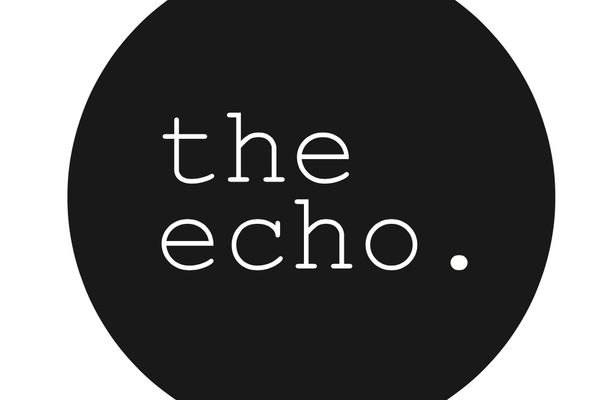Most students have probably heard of Furman’s annual literary magazine, The Echo. Published submissions range from creative fiction and nonfiction, poetry, photography, to studio art. Yet what students might not be aware of is The Echo’s long history — one that dates all the way back to 1893. Over the years, The Echo has evolved just as much as Furman, but it has always remained true to its roots of being created and published by the students.
Last year was the first year in recent memory that physical copies of The Echo were not published for campus distribution (for obvious reasons). The other day, as I was reviewing last year’s online edition, I was suddenly struck by intense nostalgia. The impacts of COVID-19 have been felt everywhere, making even the most familiar things feel new and daunting. Creating The Echo this year, I realized, would be no exception.
When I was offered the position of Chief Editor of The Echo for the 2020-2021 academic year, I knew that I would have to approach things differently. I wasn’t prepared to run a student organization that is entirely dependent on campus support amidst a pandemic. Students are already under enough stress as is and trying to advertise something that sounds as intimidating as a literary magazine made me feel like I was asking too much.
Still, I firmly believe that this year’s edition of The Echo can be just as strong as that of previous years. One of my goals as Chief Editor this year is to expand both campus knowledge of, and participation in, The Echo. I want to encourage any student who has a passion for creativity to submit to The Echo. You do not have to be an English or Studio Art major to enjoy art (although if you are, you should also submit!). The Echo has published pieces from students across all disciplines and majors. If you have a story to tell or a verse to share, we would love to see it.
I have talked to many students about submitting in the past, and they have often voiced their fears of rejection. It is true that rejection can be scary, but the alternative is to never try at all. Even some of the world’s most accomplished writers experienced rejection at one point or another (Faulkner, Joyce, and Baldwin to name a few). And rejection, albeit a disappointment, can also be a learning experience. Knowing that you can always try again, I think, is the best part of rejection.
If you are published, you will not only have something to put on resumes, but also something to be proud of and to look back on after graduation. You will have become a part of a tradition that is almost 130 years old, a tradition that will hopefully continue on long after the pandemic ends.
The Echo is currently accepting submissions through February 28th here. If you have any questions, you can reach out to me at molly.cribb@furman.edu. And if you do not have anything to submit this semester, but are interested in being a part of The Echo’s staff, you can apply to be on the editorial board next fall. We look forward to hearing from you, and to producing another great edition of The Echo.
